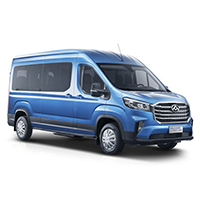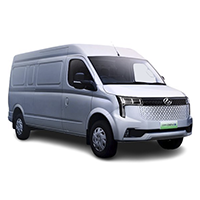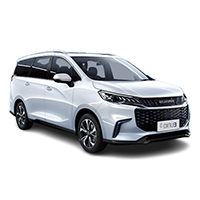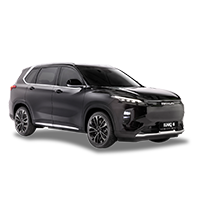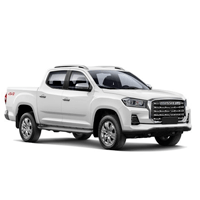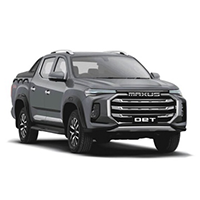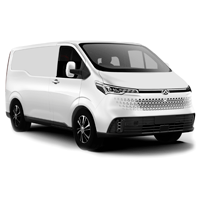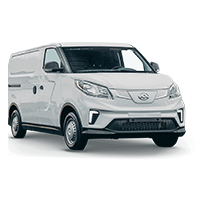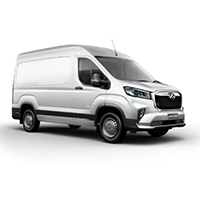
Catalog / Maxus
Maxus Pricing Guide: Affordable Commercial Vehicles for Every Business
Maxus, a relatively new player in the global automotive market, has quickly established itself as a significant force in the commercial vehicle sector. The brand's history, though brief compared to some automotive giants, is marked by rapid growth and innovation, particularly in the realm of electric commercial vehicles.
The Maxus brand was born from the ashes of the historic British van manufacturer LDV. In 2010, SAIC Motor Corporation, China's largest automaker, acquired the assets of LDV and relaunched the brand as Maxus. This move marked the beginning of a new era for the company, blending British commercial vehicle heritage with Chinese industrial might and innovation.
Since its inception, Maxus has focused on producing a range of light commercial vehicles, including vans, pickup trucks, and people movers. The brand's commitment to quality and affordability quickly gained traction in various markets across Asia, Europe, and Australia. Some key milestones in Maxus's history include:
- 2011: Launch of the Maxus V80, the brand's first van under SAIC ownership
- 2015: Introduction of the Maxus T60 pickup truck, marking the brand's entry into the competitive pickup market
- 2017: Debut of the Maxus EV80, one of the first all-electric large vans in the market
- 2019: Launch of the Maxus Deliver 9, a large van designed to compete with established European brands
- 2020: Introduction of the Maxus eDeliver 3, a purpose-built electric van for urban deliveries
One of the most significant aspects of Maxus's growth has been its focus on electric vehicles. Recognizing the global shift towards sustainable transportation, Maxus has invested heavily in developing a range of electric commercial vehicles. This strategy has positioned the brand as a leader in the emerging electric van market, particularly in Europe and China.
Maxus has also made strides in expanding its global presence. The brand has established strong footholds in markets such as the UK, Ireland, Australia, and New Zealand, often leveraging existing dealer networks and partnerships. In many of these markets, Maxus has positioned itself as a value-oriented alternative to more established commercial vehicle brands, offering competitive pricing without compromising on features or quality.
Innovation continues to be a key focus for Maxus. The brand has been quick to incorporate advanced technologies into its vehicles, including modern infotainment systems, driver assistance features, and efficient powertrains. This approach has helped Maxus appeal to a wide range of customers, from small businesses to large fleet operators.
As Maxus looks to the future, the brand is likely to continue its focus on electrification and expanding its global footprint. With the commercial vehicle market evolving rapidly, particularly in response to increased e-commerce and last-mile delivery demands, Maxus is well-positioned to capitalize on these trends with its diverse and innovative product lineup.
While Maxus may not have the long-standing heritage of some of its competitors, its rapid growth and focus on innovation have quickly established it as a brand to watch in the commercial vehicle sector. As it continues to evolve and expand, Maxus is poised to play an increasingly important role in shaping the future of commercial transportation.

